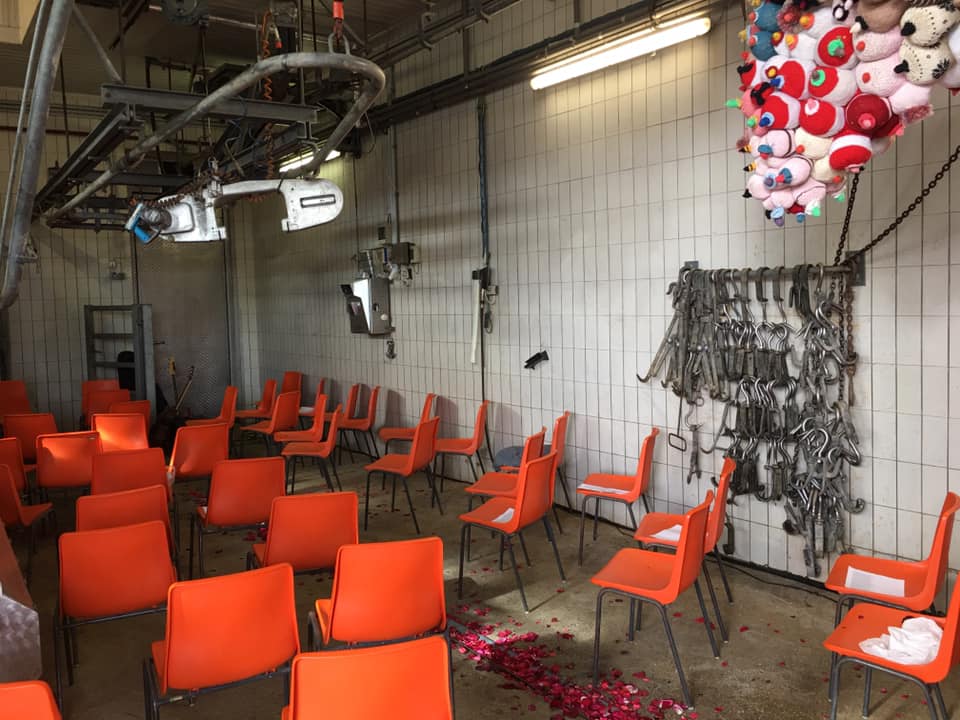Der Kabarettist Hosea Ratschiller hat ein mißverständliches Posting auf Facebook veröffentlicht. Das Thema ist eigentlich egal (für Neugierige: Es ging um den Brand von Notre Dame). Ich habe die Löschung zum Anlaß für die Formulierung einer Überlegung genommen.
Lieber Herr Ratschiller, ich erlaube mir mich mit einem unaufgeorderten Ratschlag zu Wort zu melden: So genannte social media eignen sich nur eingeschränkt zur Vermittlung komplexer Überlegungen wie in Ihrem, eben gelöschten Posting ansatzweise formuliert. Diese Kürze macht zweifellos den Reiz der social media aus, weil sie zu einer stilistischen Pointierung anregt. Auf der Strecke bleiben aber dabei anspruchsvollere, weil differenzierte Argumente. Wenn ich schon social media verwende (viel seltener als Sie oder die meisten anderen User) dann dazu, eine Geschichte oder Gedanken anzureißen, um ihn dann in meinem privaten Blog bei Bedarf auszuführen. Nebenbei: Damit entziehe ich auch Twitter oder Facebook die Verfügungsgewalt über den größten Teil meiner Texte. Dieses Verfahren mag zwar nicht ganz so publikumsträchtig sein wie ein „guter Sager“, kann aber die Qualität der Diskussion verbessern, was Ihnen – so verstehe ich die meisten ihrer Beiträge – ja auch ein Anliegen ist. Andernfalls fürchte, dass Sie mit Ihren Postings das prinzipielle Dilemma der social media bloß reproduzieren: „I suppose it is tempting, if the only tool you have is a hammer, to treat everything as if it were a nail.“ (Abraham Kaplan)

